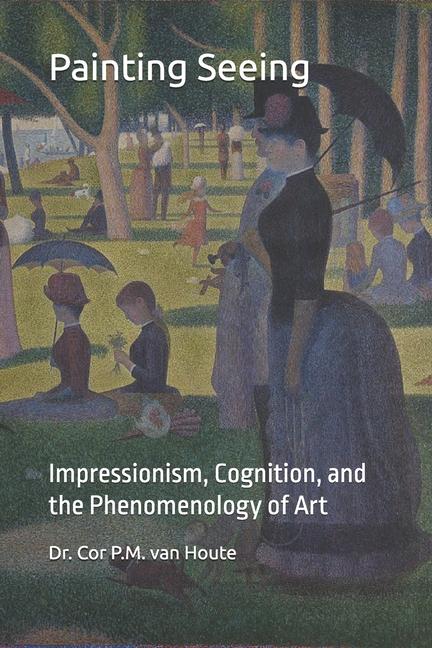Description
A profound investigation into how painting reshaped our understanding of vision, freedom, and the very nature of experience. Blending meticulous empirical analysis with cognitive theory and phenomenology, this book uncovers the dynamic dialectic of schema, correction, and appearance at the heart of Impressionism and beyond. It reveals how art not only mirrors the world but actively reconfigures how we see-and who we are as perceiving, embodied beings. Essential reading for historians of art, philosophers of perception, and all who seek to grasp the enduring power of visual thought.
Dr. Cornelis van Houte is a painter and scholar of psychology and art theory, with a particular focus on cognitive models and phenomenology in visual perception. His work bridges rigorous empirical analysis and the lived experience of seeing, offering insights into how art both mirrors and transforms human consciousness. As both an artist and academic, he brings a rare dual perspective to the enduring dialogue between mind, vision, and image.
Last updated on
Product Details
- Jun 30, 2025 Pub Date:
- 9798290288666 ISBN-10:
- 9798290288666 ISBN-13:
- English Language




